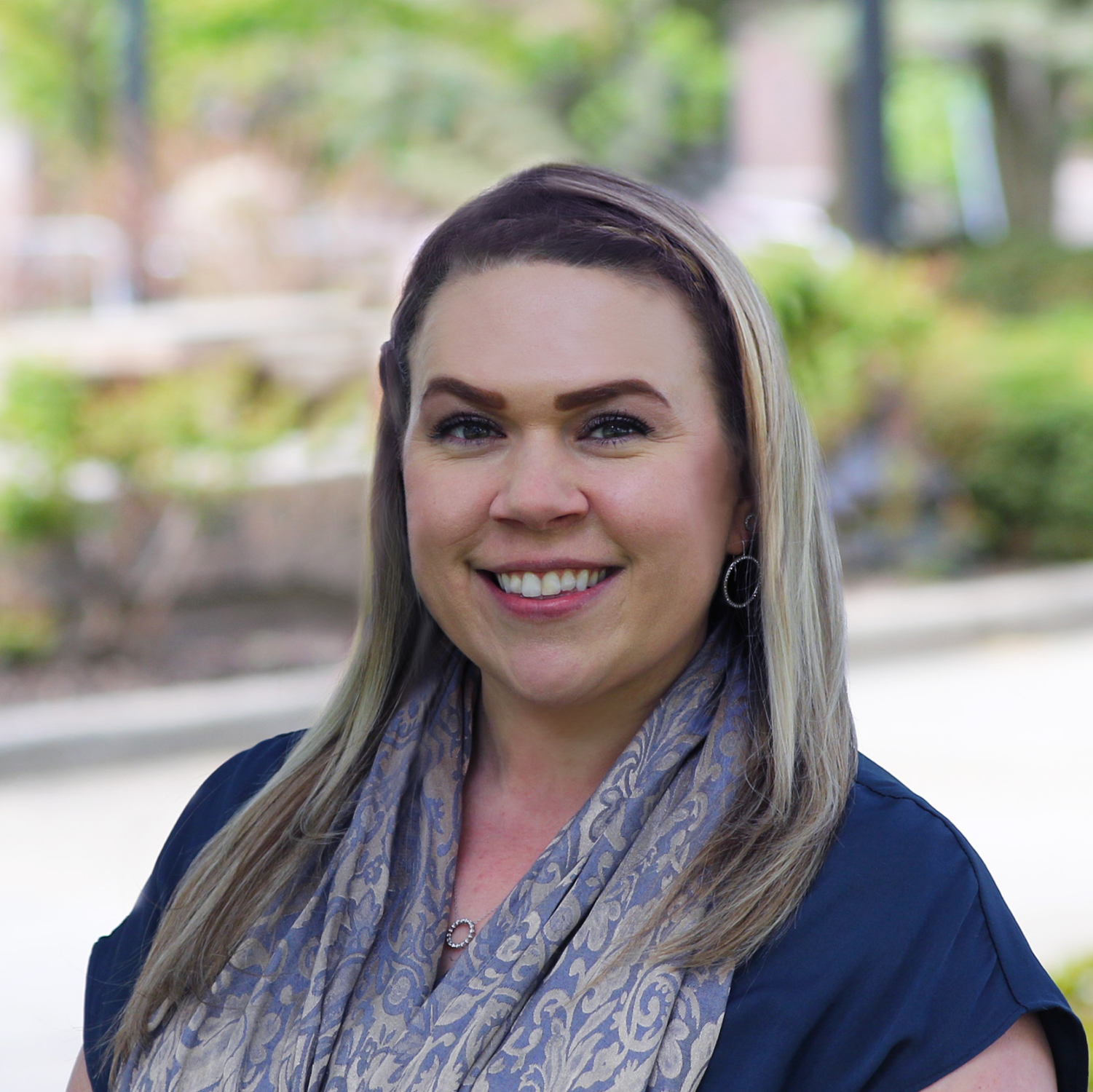Tennessee First to Enact Educational Choice Program in 2025
Press Release: For Immediate Release
February 12, 2025
For more information or to schedule an interview, contact:
Chantal Lovell
Chantal@edchoice.org | 989-251-8388
Tennessee First to Enact Educational Choice Program in 2025
Newly Enacted ESA Program is First of Several School Choice Programs Expected This Year
Today, Tennessee Gov. Bill Lee signed the Education Freedom Act of 2025 into law, establishing the first new educational choice program of 2025, and maintaining nationwide momentum to empower families. Importantly, this new program offers universal eligibility, continuing the growing trend to make school choice available to all students.
The Act establishes a new education savings account program that is expected to launch this fall and will be available to any student in the state who would like to participate.
“Today, Tennessee joins the growing list of states taking bold action to empower parents and make school choice available to all students,” said EdChoice President and CEO Robert Enlow. “This moment reflects a powerful trend across the nation, where states are not only enacting choice, but establishing broad, inclusive programs that ensure every child, regardless of background, has access to the education that best fits their needs. Tennessee’s commitment to educational freedom sets a shining example for the rest of the country, proving that when we trust parents, we give every student the chance to thrive.”
This ESA program will be Tennessee’s third choice program, joining two other such programs, one for students with special needs and one for students from low-income families in the Chattanooga, Memphis, and Nashville areas. It will be the nation’s 20th ESA program, and Tennessee is now the 14th state boasting a school choice program with universal eligibility.
Students who participate in the program will be eligible to receive scholarships valued at around $7,000. They must first be used to pay for tuition, but remaining funds may be spent on other qualified expenses, such as transportation, tutoring, technology, and therapy.
The program is expected to launch for the 2025-2026 school year. The Tennessee Department of Education will award up to 20,000 scholarships across the state. Half of those scholarships are reserved for students from low- and middle-income families, students who already qualify for the current choice program in Tennessee, and students who have certain disabilities. The remaining scholarships are for all Tennessean families. If 75% of these scholarships are awarded, the number of available scholarships will increase to 25,000 in the program’s second year. This act is a step towards meeting the demands of parents who are looking for alternative options for their children.
“While this new program is a tremendous step forward for all Tennessee students, to truly transform education, programs must not only be available to all students, they must be fully funded with predictable, sustainable revenue streams and offer families wider flexibility in how they may spend program dollars,” Enlow said, encouraging Tennessee and other states to take the next steps and ensure its choice programs are fully universal, like those in Arizona, Arkansas, Florida, and West Virginia. “It’s one thing to offer all families a choice, but quite another to fully fund families and actually trust all parents to make educational choices for their children,” added Enlow.
In Tennessee, 78% of students attend a traditional public school, 9% attend private school, 1.5% are homeschooled, 7.2% attend a magnet school, 4% attend a public charter school, and 0.4% participate in one of the state’s existing choice programs.
To speak with Robert Enlow or an EdChoice scholar about the Tennessee program, educational choice trends and legislation, or existing programs across the country, contact Chantal Fennell at Chantal@edchoice.org, or 989-251-8388.
EdChoice is a nonprofit, nonpartisan organization working to empower every family to choose the learning environment that fits their children’s needs best. Learn more at edchoice.org.
###




